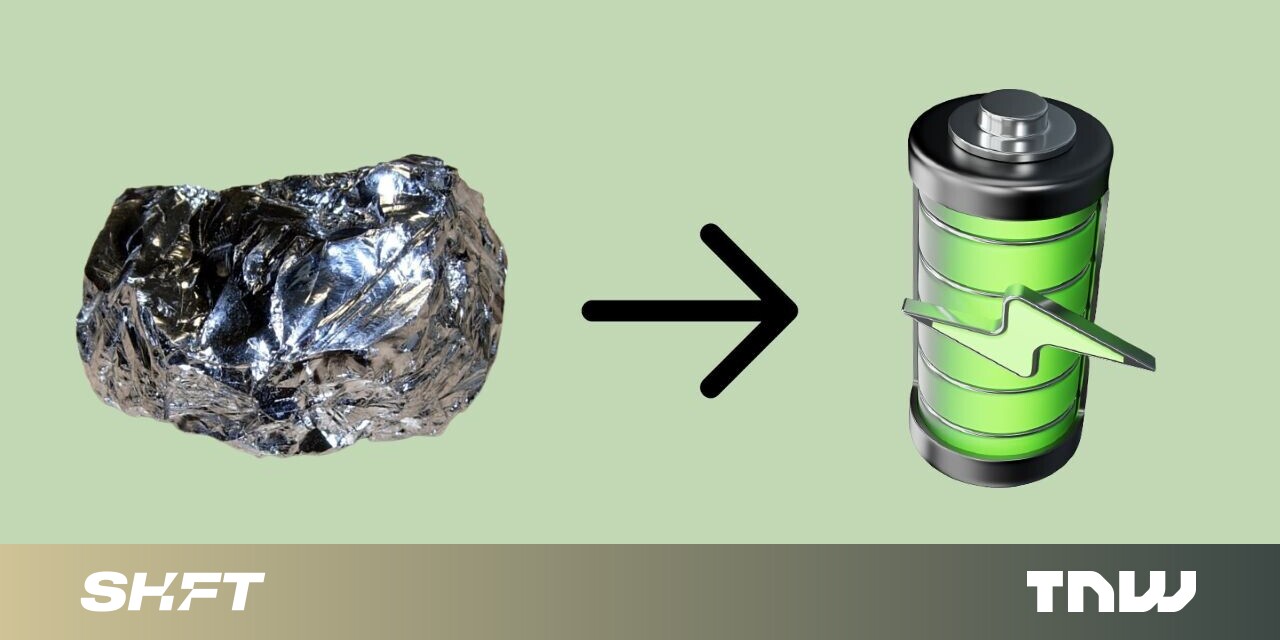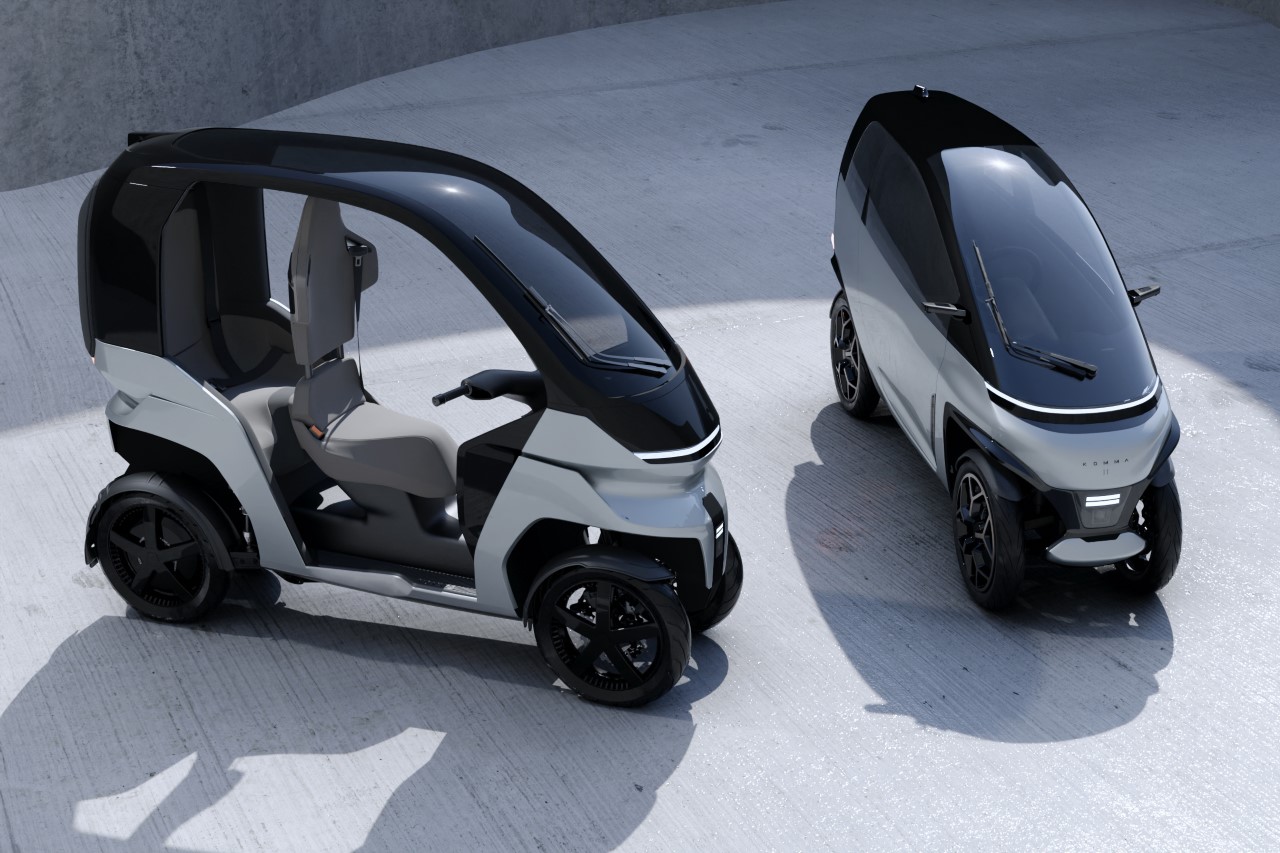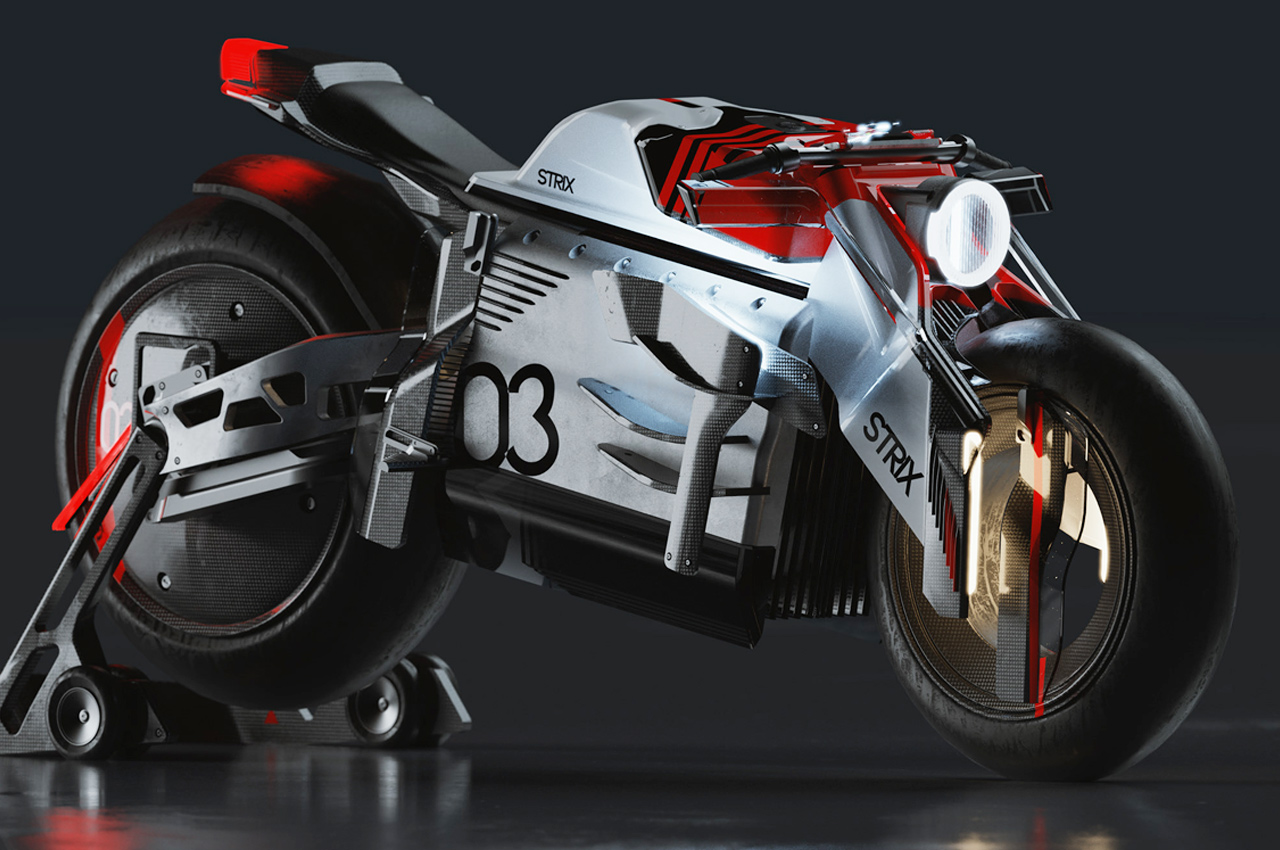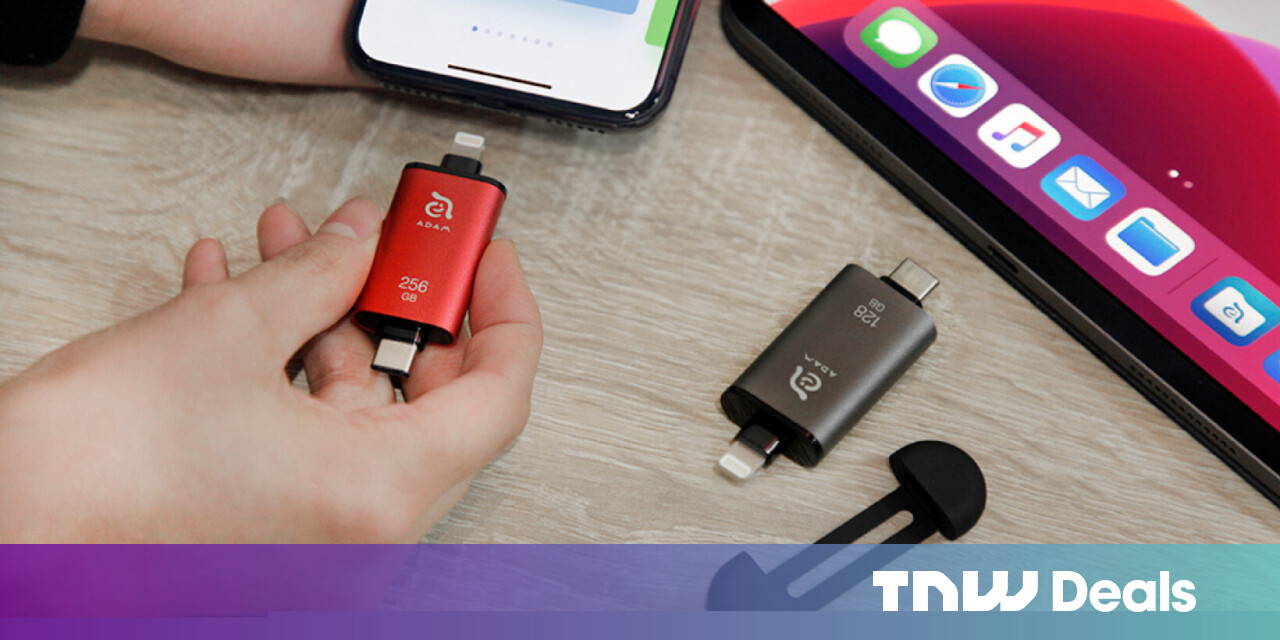#4-types of silicon tech that’ll revolutionize EV batteries

Table of Contents
“4-types of silicon tech that’ll revolutionize EV batteries”
That’s because silicon has a theoretical energy capacity 10 times higher than that of graphite, meaning it can significantly increase an EV’s range. It can also absorb lithium-ions much quicker during charging — speeding up the process.
But adding silicon to the anode comes with certain challenges.
The material’s tendency to expand approximately 400% of its original size during the charging cycle can cause the silicon particles to crack, and, in turn, the anode to disintegrate. This leads to energy loss and battery degradation.
For that reason, various companies are exploring ways to tackle these issues and to exploit silicon’s potential in improving battery performance.
Here are the most prominent technologies that promise to be a true game changer for the industry:
Nano-porous silicon
Dutch scaleup E-Magy manufactures structured silicon particles with nano-scale pores that don’t swell and break.
It claims that with its technology EV batteries can enjoy 40% higher energy density and up to five times faster charging without any impact on battery lifetime.

The company has already run the first production series, and at its current facility it’s possible to produce 25 tons of silicon plates — enough for 4,000 electric car batteries.
A new facility is expected in 2024, aiming for a mass production of multi-thousand tons.
Silicon nanowires
California-based startup OneD Battery Sciences has produced silicon nanowires that can be fused directly onto the commercial graphite particles found in the anodes of batteries.

This technology promises three main benefits:
- During charging cycles, the silicon nanowires remain pliant and don’t crack.
- With hundreds of thousands of wires on each graphite particle, the silicon triples the energy density of the anode.
- A greater silicon-to-graphite ratio lowers the CO2 produced per kWh for manufacturing a battery.
Currently, the silicon nanowires are available to OEMs through a dedicated pilot production program, while fully commercial production is expected in 2025.
Silicon-carbon powder
Washington-based startup Group14 has developed a special silicon-carbon powder, dubbed SCC55.
Thanks to its hard carbon-based scaffolding, the silicon is kept in an amorphous and nano-sized form. This enables the SCC55 to deliver five times the capacity and up to 50% the energy density of a graphite anode.
Interestingly, the composite can be used both for any blend ratio with graphite, or as a complete replacement for it.
The company has already been shipping its product to OEMs, and it’s planning to build two more factories that will produce 12,000 tons per year.

Silicon nano particles
Sila Nanotechnologies in China has engineered special silicon nano particles to partially or fully replace graphite in the battery’s anode.
According to the company, these particles eliminate the swelling and contraction of silicon, while keeping the electrolyte outside, which means that the material could be cycled 1,000 to 10,000 times without unwanted side reactions.
As a result, its technology enables a 20% to 40% increase in energy density, which allows an EV battery to store significantly more energy in the same space, improving range.
Sila has recently started working with Mercedes, which will use the silicon-based anode batteries in its electric G-Class series.

What’s really hopeful is that all three companies have designed their solutions in such a way that allows them to be scaled-up using existing manufacturing and supply chain processes.
This means that these technologies can be manufactured in high volumes at a fast clip, without investing time and money to retool production lines. That way, we won’t have to wait too long to find out if silicon can actually deliver its potential to bring us closer to faster-charging and longer-range EVs.
If you liked the article, do not forget to share it with your friends. Follow us on Google News too, click on the star and choose us from your favorites.
For forums sites go to Forum.BuradaBiliyorum.Com
If you want to read more like this article, you can visit our Technology category.




